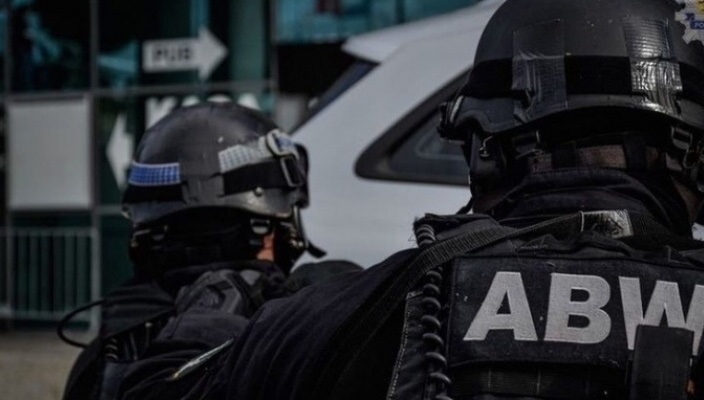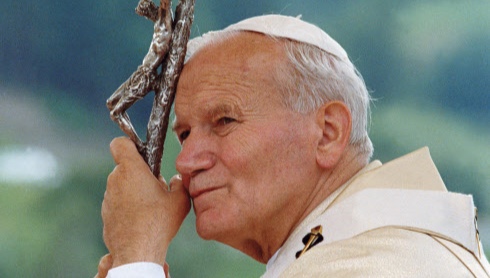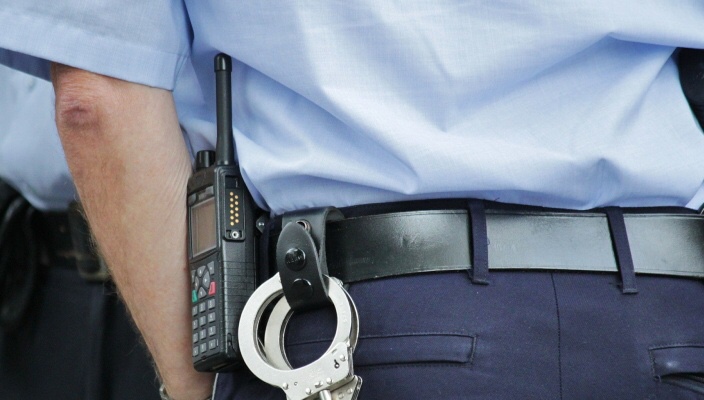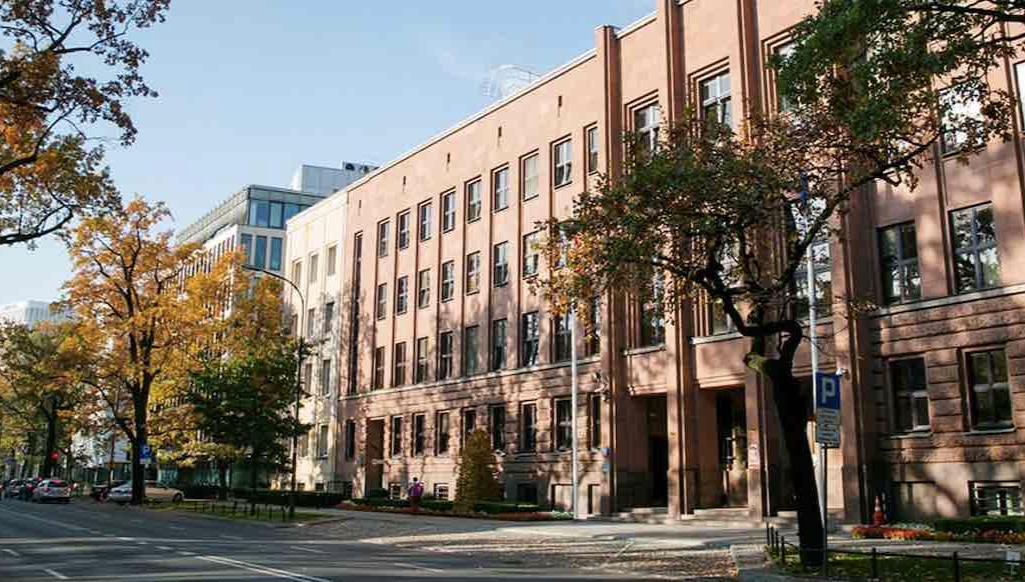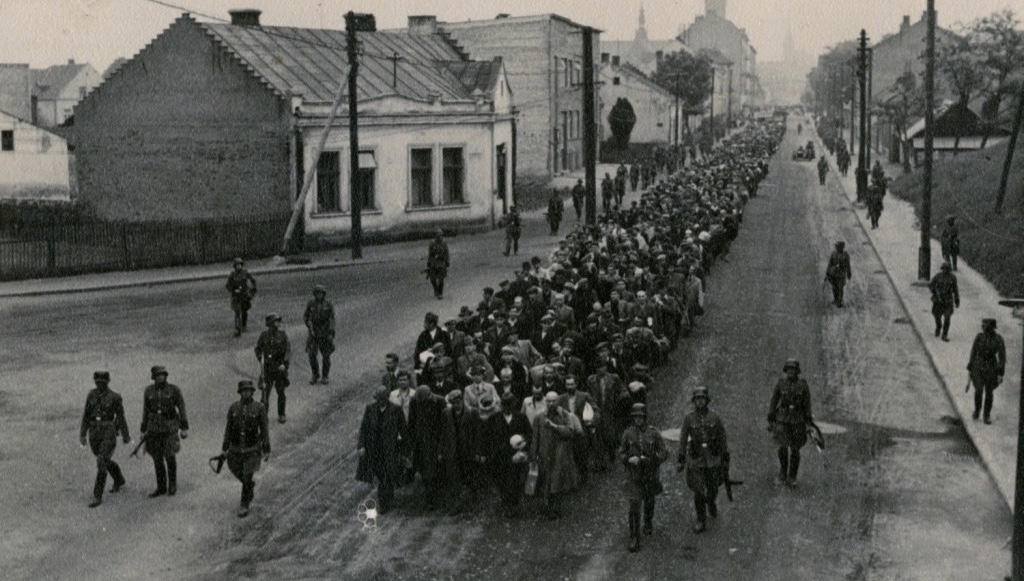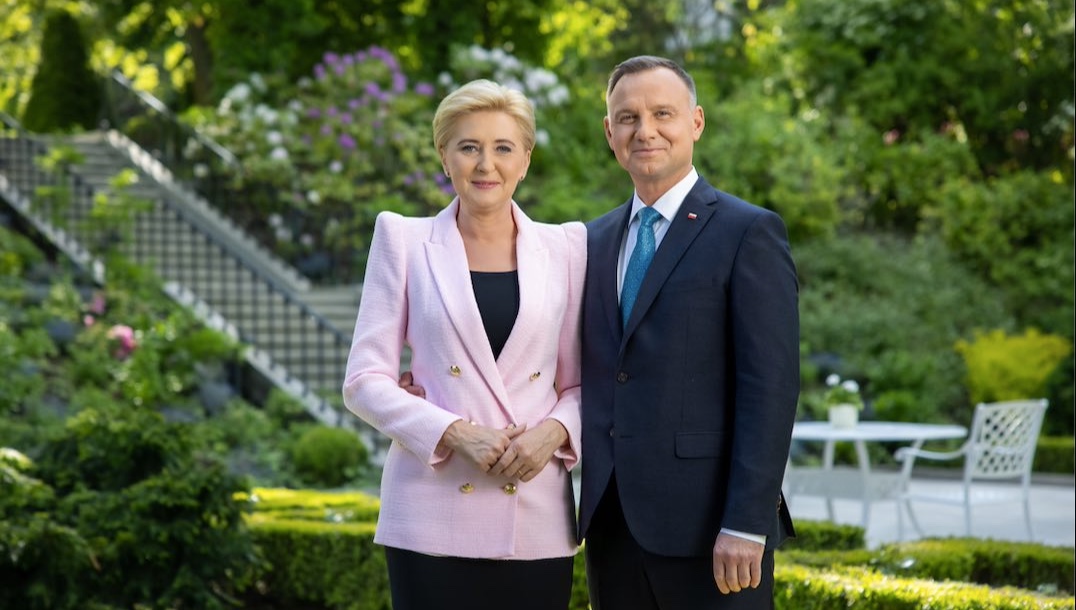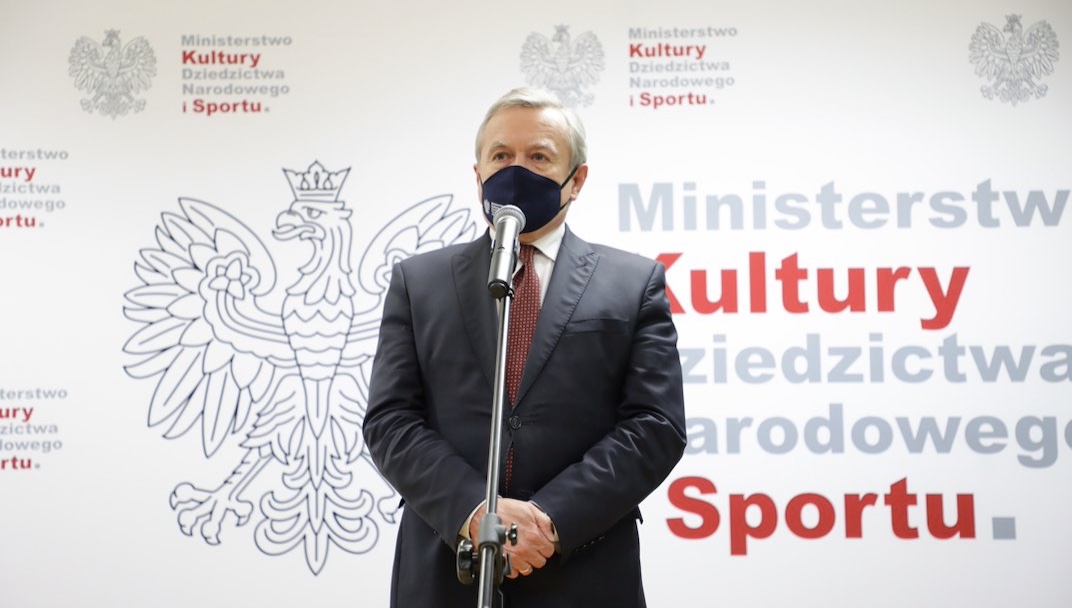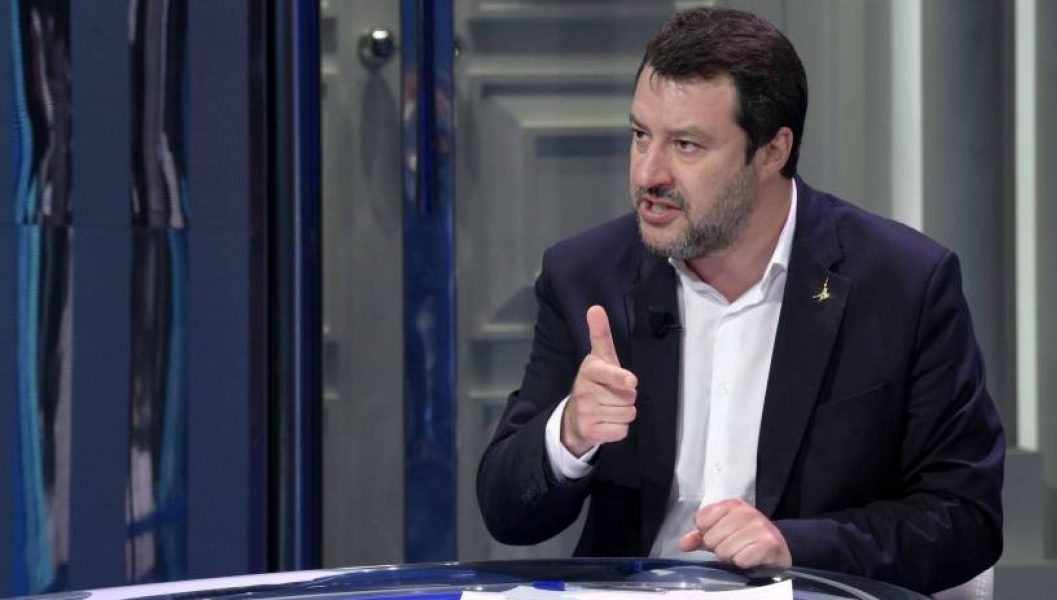Iga Świątek took the first two rounds of the Grand Slam French Open. However, a bigger challenge awaits the 20-year-old, who is going to play with Estonian Anett Kontaveit. “I’ve lost to her twice before, so it’s going to be a tough match,” admits the Polish tennis player.
Świątek defeated Sweden’s Rebecca Peterson 6:1, 6:1 on Thursday to advance to the third phase of Roland Garros in 61 minutes.
“Looking at today’s result, you might think it was an easy match for me, but it wasn’t. Rebecca was sending good balls, playing with good rhythm. From the beginning, however, I felt like I was having a good day. This feeling accompanied me actually from the moment I woke up. I knew I would be in a good mood and I stuck to that. I did all my routines before the game. Then, once I was on the court, I felt the ball perfectly. I felt like I could do anything with her. It was easy for me to come up with cool plays. I’m glad I had that attitude” – concluded the Pole at a press conference.
Świątek confirmed that she has a different mindset now in Paris than she did at the Australian Open in February. The Melbourne event was her first Grand Slam start after triumphing at Roland Garros last year.


